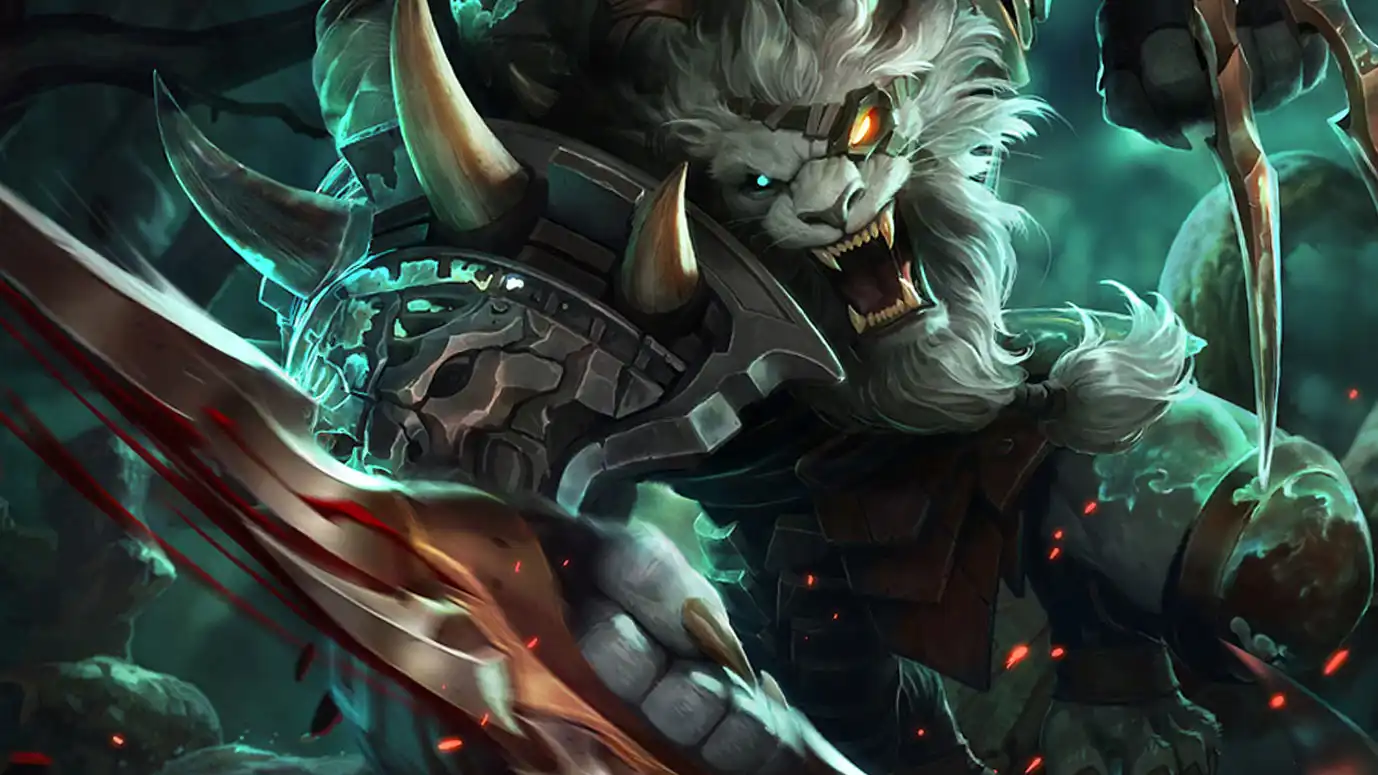Rethinking the rules
The notable dispute about the requirement to proceed under a 4v5 situation in League of Legends is gaining traction. Players often find themselves compelled to carry on playing even when they are a man down. This has been the root of innumerable dissatisfaction and requests for modification.
A plethora of opinions swarm the discussion sphere, most not in favor of the current rules. The majority argue the necessity of a rethink. This stems from the view that the existing framework does a disservice to the teams that end up in a 5v4 matchup.

Statistics indicate the crushing odds faced by the team down by a player. Clearly, a 4v5 situation isn't just challenging; it's inherently unjust. Critics of the system argue that the existing rules impair the ability of a team to fairly compete.
Others are adamant that these situations provide an opportunity for the remaining players to demonstrate resilience. The matter is indeed complex with viewpoints on both extremes and plenty in between. A comprehensive exploration of the issue is the need of the hour.
The Balance of Power
Players tasked with duking out an uneven match feel the onslaught of a power imbalance. The empty position is a disadvantage, a damning gap in their defense. Unfortunately, the present system means gamblers must accept playing with this handicap.
Games are intended to be enjoyable experiences. Inequality, however, turns such expressions into stressful endurance tests. A sole unfair fixture could have long-term consequences for the players' gaming experience.
Indeed, the expectation of an evenly matched duel is a fundamental construct of fair play. Its absence in these circumstances gives rise to frustration and resentment.
Thus, a mismatched encounter contradicts the spirit of competition. It tips the scale in favor of the team with a numerical advantage. The reality is that no amount of player skill can fully compensate for a missing teammate.
Room for resilience?
There are those who believe that an uneven playing field is a test of resolve. For them, adversity can be seen as an opportunity to rise above. However, this perspective overlooks the fundamental need for fairness in competition.
No doubt, showing resilience in the face of challenges is commendable. But these players must remember that games are designed for enjoyment, not hardship. In the heart of every player is the desire for a well-balanced fight, not one-sided battles.
Moreover, overcoming a 5v4 is statistically unlikely. Having this pressure as the norm does not foster resilience; it suppresses it. One could argue that it promotes a culture of acceptance of disappointment.
Rather than teaching resilience, it instills in players an acceptance of unfair conditions. This is potentially detrimental to their growth and development.
Need for reforms
Even the most strategic of gamers would agree to the unfairness of having to navigate a 4v5 match. To ensure better gaming experience, gamers are voicing the need for reforms in the ruleset. This user-unfriendliness of the framework needs addressing.
A series of proposals have been put forth in a bid to rectify this situation. For instance, penalizing the player who deserted or providing compensatory benefits to the disadvantaged team.
However, drafting an impactful solution isn't easy. It necessitates a careful balance between maintaining game integrity and ensuring player satisfaction. Unresolved, this issue will continue to serve as a point of contention among players.
Ultimately, the goal should be to create a system that promotes fair play under any circumstance. It should reward skill, strategy, and tenacity, not take advantage of numerical superiority. So, the big question is, how long will players have to bide their time before changes occur?